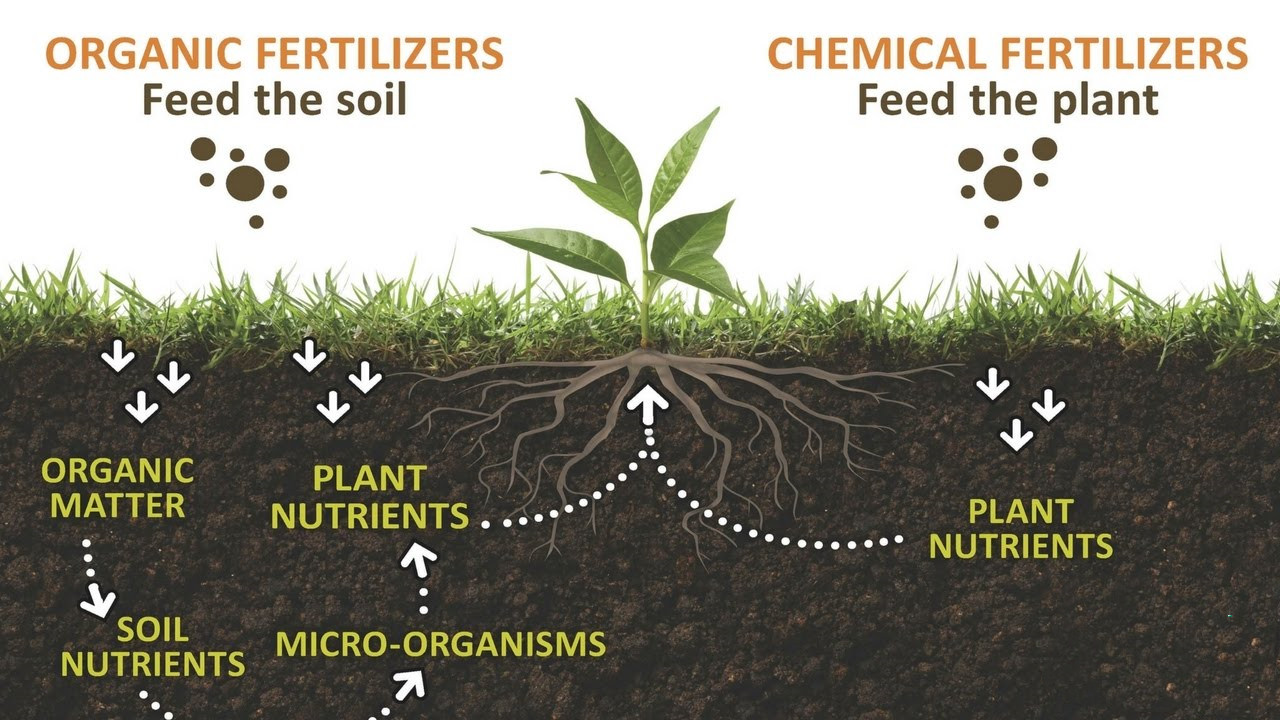1. What is chemical fertilizer?
In a narrow sense, chemical fertilizers refer to fertilizers produced by chemical methods; in a broad sense, chemical fertilizers refer to all inorganic fertilizers and slow-acting fertilizers produced in industry. Therefore, it is not comprehensive for some people to just call nitrogen fertilizers chemical fertilizers. Chemical fertilizers are the general term for nitrogen, phosphorus, potassium, and compound fertilizers.
2. What is organic fertilizer?
Anything that uses organic matter (compounds containing carbon) as fertilizer is called organic fertilizer. Including human waste, manure, compost, green manure, cake manure, biogas fertilizer, etc. It has the characteristics of many kinds, wide sources, and long fertilizer efficiency. Most of the nutrient elements contained in organic fertilizers are in an organic state, and crops are difficult to directly use. Through the action of microorganisms, a variety of nutrient elements are slowly released, and nutrients are continuously supplied to crops. The application of organic fertilizers can improve the soil structure, coordinate the water, fertilizer, gas, and heat in the soil, and improve soil fertility and land productivity.
3. How many types are organic fertilizers divided into?
Organic fertilizers can be roughly classified into the following four categories: (1) Manure and urine fertilizer: including human and animal manure and farmyard manure, poultry manure, sea bird manure and silkworm excrement. (2) Compost fertilizers: including compost, waterlogged compost, straw and biogas fertilizer. (3) Green manure: including cultivated green manure and wild green manure. (4) Miscellaneous fertilizers: including peat and humic acid fertilizers, oil dregs, soil fertilizers, and sea fertilizers.
4. What is the difference between chemical fertilizer and organic fertilizer?
(1) Organic fertilizers contain a large amount of organic matter and have obvious effects on soil improvement and fertilization; chemical fertilizers can only provide inorganic nutrients for crops, and long-term application will have adverse effects on the soil, making the soil more greedy.
(2) Organic fertilizers contain a variety of nutrients, which are fully balanced; while chemical fertilizers contain a single type of nutrient, long-term application is likely to cause an imbalance of nutrients in the soil and food.
(3) Organic fertilizers have low nutrient content and require a large amount of application, while chemical fertilizers have high nutrient content and a small amount of application.
(4) Organic fertilizers have a long fertilizer effect time; chemical fertilizers have a short and strong fertilizer effect period, which is easy to cause nutrient loss and pollute the environment.
(5) Organic fertilizers come from nature, and there are no chemical synthetic substances in the fertilizers. Long-term application can improve the quality of agricultural products; chemical fertilizers are pure chemical synthetic substances, and improper application can reduce the quality of agricultural products.
(6) In the production and processing process of organic fertilizer, as long as it is fully decomposed, the application can improve the drought resistance, disease resistance, and insect resistance of crops, and reduce the use of pesticides; long-term application of chemical fertilizers reduces the immunity of plants. It often requires a lot of chemical pesticides to maintain crop growth, which can easily cause the increase of harmful substances in food.
(7) Organic fertilizer contains a large number of beneficial microorganisms, which can promote the biotransformation process in the soil, which is conducive to the continuous improvement of soil fertility; long-term large-scale application of chemical fertilizers can inhibit the activity of soil microorganisms, resulting in a decline in the automatic regulation of soil.
How to industrially produce organic fertilizer?
If you have any other questions or needs, please contact us by the following ways:
whatsapp: +86 13822531567
Email: sale@tagrm.com
Post time: Oct-25-2021

